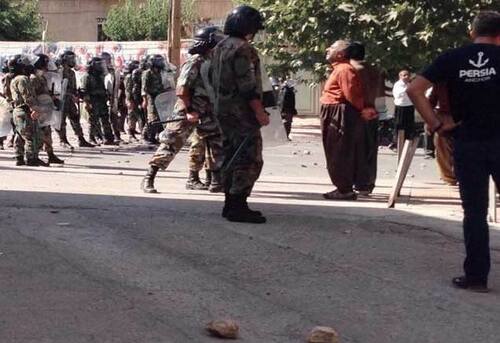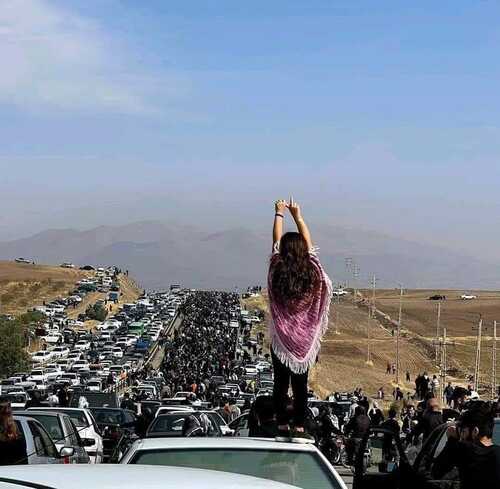Undoubtedly, the most important part of the world's political history has included this concern about how the people can stop the authorities' greed, their dictatorship, and their illegal power; and for this purpose, two ways have been considered: first, resistance and the Red Revolution that is, appealing to violence and armed revolution; second, civil revolution and avoiding violence and armed conflicts. Civil revolution is a form of protest against the government and its systems in which all forms of violence are avoided and the leaders and meeting members of such activities avoid any forms of violence. Civil revolution is regarded as a counter-violence struggle in the form of actions and reactions that are not violent, civil disobedience, or non-participation in economic, political, and cultural projects held by the government.
This form of struggle has been seen in countries such as the United States of America, Argentina, Brazil, South Korea, Finland, India, Chile, Berma, and Greece and after the end of the Cold War and the collapse of the Soviet Union in most eastern European countries except for Romania, and they have ended in very successful results. Among the famous leaders and theorists of this kind of struggle, figures can be referred to: "Mahatma Gandhi, Martin Luther King, Nelson Mandela, Michael Negler, Mubarak Awaz, Aung San Suu Kyi, Adam Milicink, Leo Tolstoy, Anne Sakharov, Weslav Howell, Gene Sharp, Lekh Walissa, etc."

The researchers trace the history of civil struggle and nonviolent resistance to the 5th century BC in China and describe the Philosophical School of "Mohism", a philosophical school against war and violence that emerged in the era of war policies and conflicts, but it opposed the war and developed the knowledge of fort construction, self-preservation, and war avoidance. The researchers also talk about the protests and non-violent revolutions in Jerusalem in the first century BC to ignore the Roman laws.
In general, research on civil revolutions and struggles in the political history of the world reveals the fact that this form of struggle has been considered and tested in every corner of the world, but its success and failure are due to some important factors that are trying to be highlighted here.
The necessities of civil revolution:
The world's political field over the past thirty to forty years has witnessed the collapse and destruction of a large part of dictators who were crushed or shaken by the popular forces of the people, many of these dictators were apparently very powerful and strong, but they have been crushed and destructed against the united resistance of the people. Since the 1980s, at least more than twenty civil revolutions around the world have been able to overcome dictators, although other revolutions have not completely overpowered the dictatorial authorities, they have disrupted their powers greatly. To this end, the most important steps taken to eliminate a dictator's power were:
1. Achieving an alternative discourse against the dominant discourse and the government's hegemonies or political powers that have succeeded in defeating the dominant discourse; this will be gained when as an alternative against the dominant discourse includes all the social classes' demands, all the religious, cultural minorities' interests and all the national structures, that is, it should be a kind of discourse that its central signifier must be reliable so that all the parts and sections of that society could find their demands and interests in this signifier and they would agree to unite under such circumstances.
2. The society that is opposing a government must have reached trust and confidence to gain success in a way that they could enhance their resistance skills.

3. It is necessary that the social and civil independent organizations from various social classes gather around this united discourse and try to develop it and gradually the independent civil organizations should create a united internal force within the society against the unjust power of the ruling state.
4. It is necessary that under the instructions of the united discourse and with the help of the independent civil organizations a strategic plan should be prepared to oppose the dominant authority and gain liberty and democracy. Although in the past most of the opposition against the dictatorships had been conducted in the absence of a strategic plan, due to the differences between the contemporary dictatorships with the former ones, it is an absolute necessity to prepare a strategic plan because any kind of scientifically rich and well-prepared plan that contains all the indexes for measuring political situation, people's habits and manners, their viewpoints and the effects of such viewpoints can enhance the chances of the revolution's success against the dictatorships and pave the way for democracy.
To be continued…









